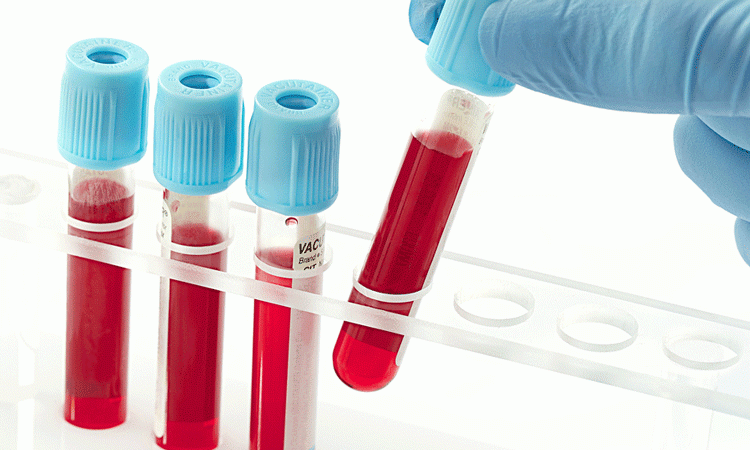Sensitive blood tests diagnose heart attacks sooner than conventional methods
Posted: 8 August 2018 | European Pharmaceutical Review | No comments yet
The ‘new’ test is one currently used in Europe, however the US Food and Drug Administration have recently given approval for the high-sensitivity troponin test…


A highly sensitive blood test is able to identify whether an individual is undergoing a heart attack. The method was shown to be safe and effective at ruling out myocardial infarction and was faster than a conventional method currently used.
When patients arrive at emergency rooms with symptoms of a heart attack, doctors usually assess them by using a cardiac troponin test to measure a protein released into the blood when the heart muscle becomes damaged. The new highly sensitive cardiac troponin blood test was shown to be effective and safe in an emergency room situation.
The ‘new’ test is one currently used in Europe, however the US Food and Drug Administration have recently given approval for the high-sensitivity troponin test.
The team of researchers compared the test currently used, which takes three hours to complete, and the new highly sensitive test. The study included 536 patients with heart attack symptoms, such as chest pain and shortness of breath, that were admitted to an emergency room.
The highly sensitive procedure ruled that 30 percent of patients were not having a heart attack immediately, and another 25 percent were ruled out after one hour. After three hours, 83.8 percent of patients were ruled out in comparison to 80.4 percent with the conventional method.
“We did not miss any heart attacks using this test in this population,” said lead author Dr Rebecca Vigen, a cardiologist at the University of Texas Southwestern Medical Centre.
“The test also allowed us to determine faster that many patients who had symptoms of a heart attack were not having a heart attack than if we had relied on the traditional test.”
The team hopes that clinicians from other institutes will learn from these results.
“We anticipate that this procedure will allow many patients with chest pain to be given a ‘yes’ or ‘no’ diagnosis of whether they are having a heart attack faster,” said Dr Vigen.
The research was published in the American Heart Association’s journal Ciruclation.
Related organisations
American Heart Association, University of Texas, US Food and Drug Administration




